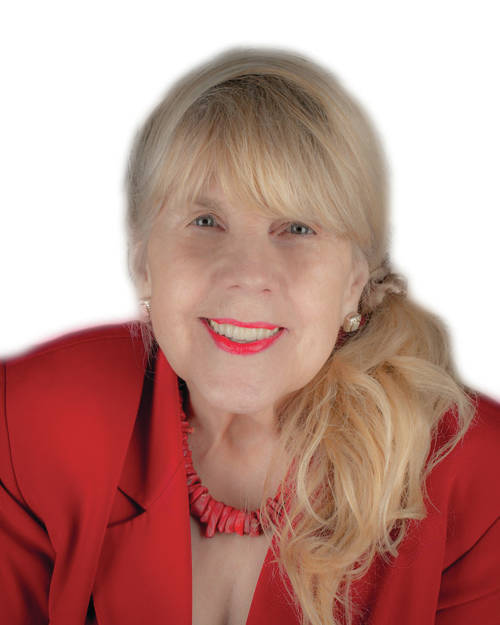
My column last week on preparing for death provoked conversations, phone calls, and texts. Perhaps you discussed that column with friends and family and recalled a college class in which you studied Kubler-Ross’s model of five stages of grief: denial, anger, bargaining, depression, acceptance. Her model has not been tested empirically, and some find fault with it.
One thing we all know is that we respond differently each time we face death, and one of my informants told me that her mother, recognizing this, wrote a letter to each of her children, a letter to be delivered after her death.
Other persons who contacted me indicated an intent to start their own preparations in earnest, and still others shared personal stories.
A reader of my column called me because she wanted to talk, and I’d like to share parts of her story with you. She’s 78 now and has led a life with many challenges as well as much joy, particularly in her work. At one time, she was homeless and tried to be arrested so that she would have food and shelter. She lost custody of her two children, and when she attended the wake for her eleven-year-old son who had been killed, his body mangled, by a drunken driver who initially maintained he had hit nothing and finally conceded that he might have hit a large dog, she was scolded by her mother- in-law who objected to her touching the casket and leaving her fingerprints.
I spoke with this lady about her plans for her modest estate, a mobile home, a vehicle, a doll collection, and a small bank account, and she was adamant that she had no plans. But she did, however, have plans for the disposal of her body which she described and which I verified with a computer search. She has registered with the Anatomical Gift Program at the Wright State University Boonshoft School of Medicine’s whole body donation program. The program is responsible for every aspect from transporting the body at the time of death to the final burial of the remains at the Rockafield Cemetery. There is never a fee, and this is certainly a worthwhile decision for those who embrace it to provide opportunities for medical students to study the human body.
Funerals can be expensive, and in our grief, we might overspend. One friend called me to tell about a relative who had spent $6,000 on a funeral when the whole estate was valued at $30,000. This seems exorbitant to me as it is 20 percent of the estate which might be better spent on necessities. But to that widow, this was a necessity.
Personnel at funeral homes with whom I spoke emphasized the importance of pre-planning as they have dealt with a plethora of situations many of us have never considered. Chief among these were hurt feelings that will last for years or decades after the death of a family member because of comments and arguments that ensue when a relative dies.
At a time when we as American are feeling that we have little or no control over our lives as we face the coronavirus, climate change, racism, poverty, we can exercise control by getting our legal/financial houses in order. I just completed a call this morning with my retirement financial advisor, and he was helpful.
In conclusion, I’ve probably written more than you care to read, so I’ll stop now as I have phone calls to make regarding my modest estate. One last item: Are you aware that the Social Security benefit at death is only $255?





